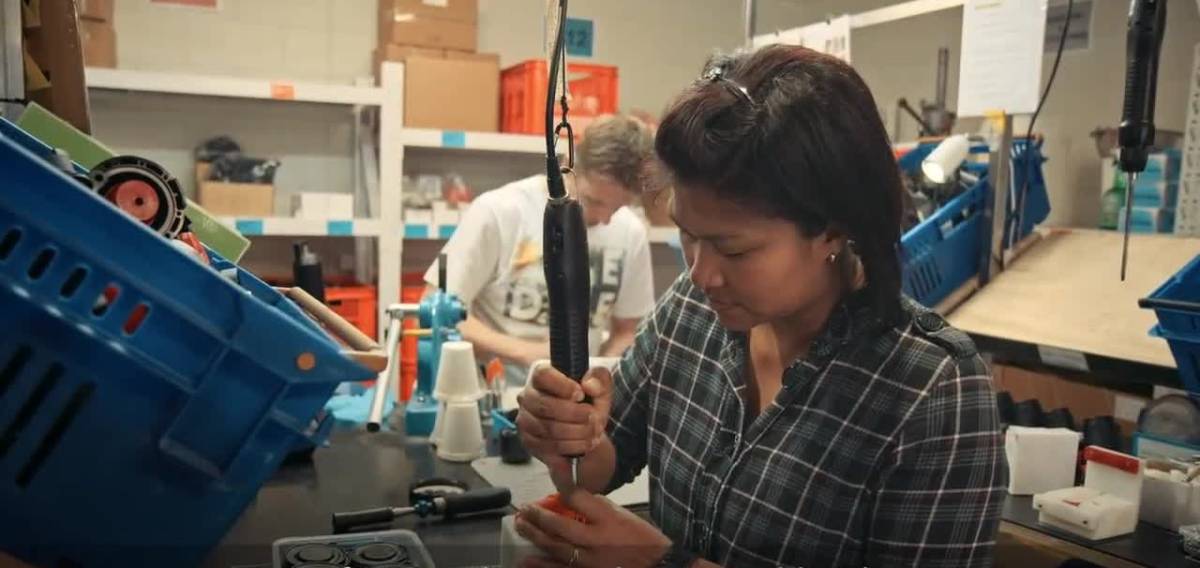
Inclusive Trade Action Group
New Zealand, Australia, Canada, Chile, Costa Rica, Ecuador and Mexico are driving a more inclusive and sustainable trade agenda through the Inclusive Trade Action Group (ITAG).
The Inclusive Trade Action Group, or ITAG, aims to working cooperatively to make trade policy more inclusive and ensuring that trade and investment benefits are shared widely.
The Inclusive Trade Action Group welcomed Australia in the margins of the World Trade Organisation’s 13th Ministerial Conference (MC13) on 26 February 2024. Australia, Canada, Chile, Costa Rica, Ecuador, Mexico and New Zealand released the Abu Dhabi Joint Statement on Sustainable and Inclusive Trade to reiterate their commitment to sustainable and inclusive trade issues and working together.
In July 2023, in the margins of the 7th Comprehensive and Progressive Agreement for Trans-Pacific Partnership Commission Meeting in Auckland, New Zealand, Canada, Chile, Costa Rica, Ecuador and Mexico came together to issue the Auckland (Tāmaki Makaurau) Joint Declaration for Inclusive and Sustainable Trade [PDF, 220 KB].
Building on the 2018 Joint Declaration on Fostering Progressive and Inclusive Trade, committed to work together to ensure global trade is inclusive and sustainable, and keeps pace with emerging issues and current challenges. This includes in areas such as Indigenous economic empowerment, small and medium-sized businesses, women in trade, domestic regional development, as well as the environment and climate change.

ITAG has its origins in the Joint Declaration on Fostering Progressive and Inclusive Trade [PDF, 112 KB]. This was issued by New Zealand, Canada and Chile alongside the signing of the Comprehensive and Progressive Agreement for Trans-Pacific Partnership (CPTPP) in March 2018.
In October 2021 Mexico was welcomed as the first new participant of ITAG.
In May 2022, at the APEC Ministers Responsible for Trade (MRT) meeting in Bangkok, New Zealand, Canada, Chile and Mexico came together as ITAG to advance inclusive and sustainable trade issues, and released this Joint Ministerial Statement.
On 13 June 2022, at the 12th WTO Ministerial Conference (MC12) in Geneva, New Zealand, Canada, Chile and Mexico came together at Ministerial level to highlight inclusive trade issues, and released this Joint Communique. At that meeting Colombia and Peru were also welcomed as the newest members of the Global Trade and Gender Arrangement (GTAGA).
In May 2022, at the APEC Ministers Responsible for Trade (MRT) meeting in Bangkok, New Zealand, Canada, Chile and Mexico came together as ITAG to advance inclusive and sustainable trade issues, and released this Joint Ministerial Statement.
On 13 June 2022, at the 12th WTO Ministerial Conference (MC12) in Geneva, New Zealand, Canada, Chile and Mexico came together at Ministerial level to highlight inclusive trade issues, and released this Joint Communique. At that meeting Colombia and Peru were also welcomed as the newest members of the Global Trade and Gender Arrangement (GTAGA).
In June 2023, New Zealand released a three-year review of CPTPP as committed to under the ITAG Joint Declaration on Fostering Progressive and Inclusive Trade. The review assesses the early impacts of CPTPP for New Zealand with respect to a range of inclusive and sustainability aspects, including gender, Māori, SMEs, and the environment.

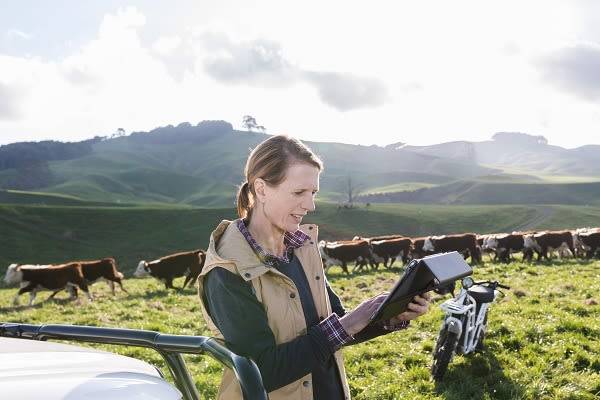
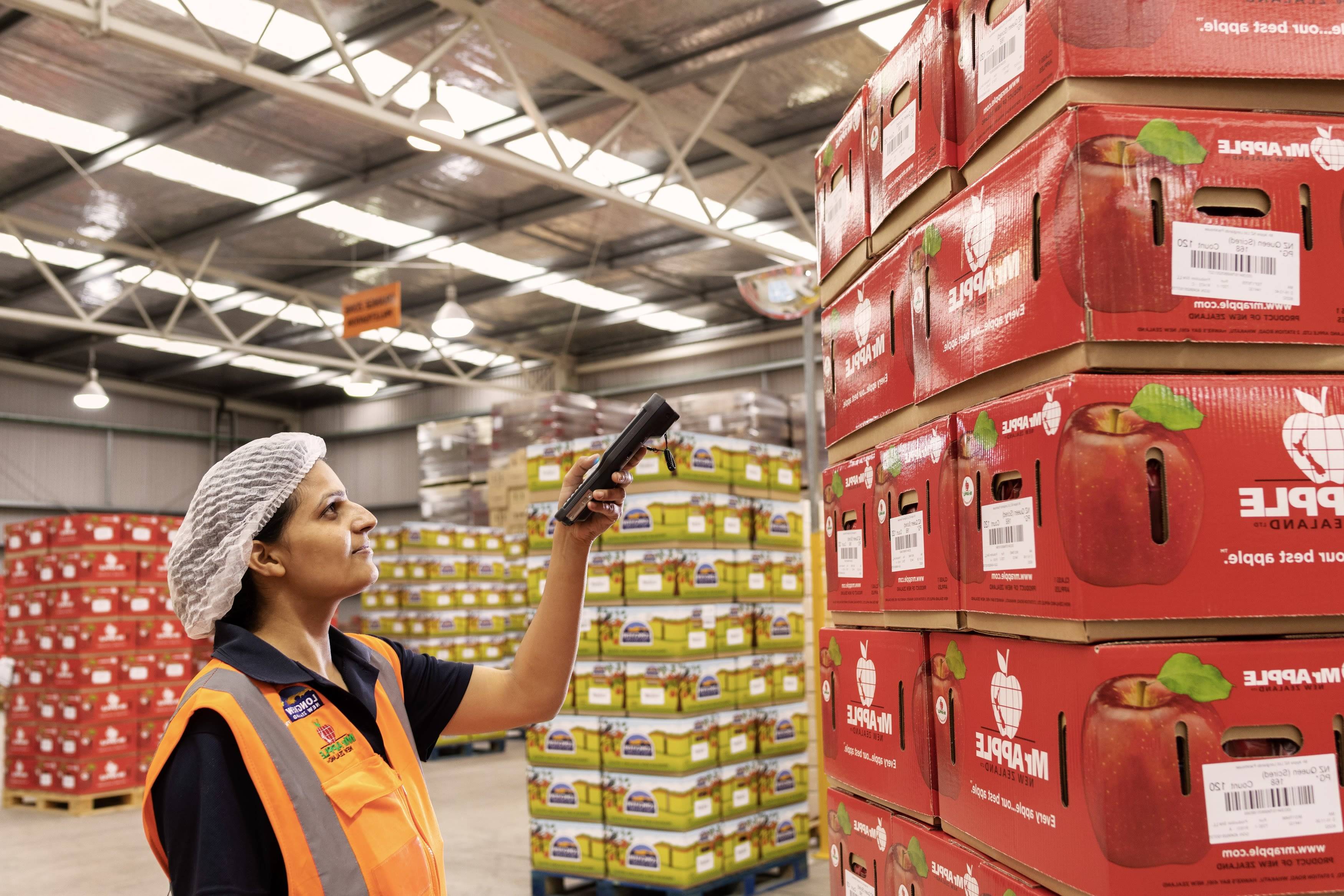

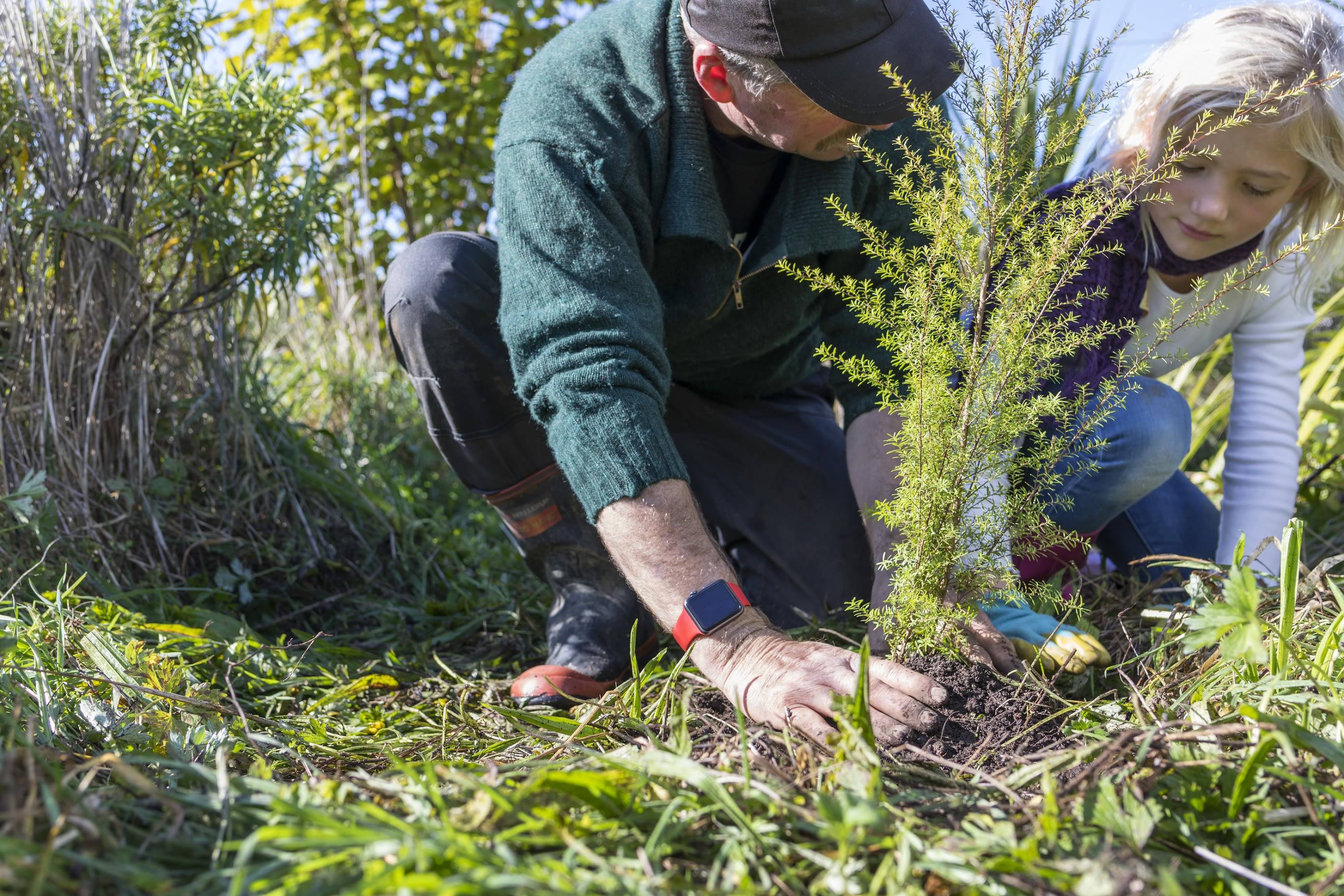

Global Trade and Gender Arrangement
New Zealand, Canada and Chile signed the Global Trade and Gender Arrangement (GTAGA) in August 2020. It was the first Arrangement concluded by ITAG members, and New Zealand’s first trade arrangement specifically on gender. Since its launch in 2020, GTAGA has grown to 11 members. The original members have welcomed Australia, Argentina, Brazil, Colombia, Costa Rica, Ecuador, Mexico and Peru to join efforts towards women’s economic empowerment and gender equality. Read more:
- Joint Communique by New Zealand, Canada and Chile to mark the signing of the Arrangement
- a renewed ITAG Work Programme
- the text of the finalised Arrangement
- agreed GTAGA work plan over 2022-24
We know that trade has a positive impact on economic development and that exporting firms, including women-owned companies that export, can achieve greater levels of profitability, competitiveness, productivity, innovation and resilience. Workers in export sectors also earn higher wages.
But we also know women-owned businesses and workers are less likely to be involved in trade sectors.
The GTAGA commits each Participant to advance a more inclusive approach to trade, and address barriers that women face when participating in trade.
Over time, GTAGA will be a force for positive change in our economies and societies by:
- increasing the development of more robust opportunities for women in international trade, and
- contributing to the promotion of gender considerations on the international stage.
The GTAGA recommits to the goal of gender equality in the workplace. It commits Participants to cooperate and share best practices to eliminate discrimination in employment and occupation, including on the basis of sex, pregnancy, possibility of pregnancy, maternity, gender and gender identity, and sexual orientation.
For women-owned businesses, the GTAGA includes cooperation activities to promote the internationalization of small and medium-sized enterprises (SMEs) led by women and the fuller integration of women into the formal economy.
It also contains specific cooperative activities aimed at enhancing economic opportunities for Māori and rural women.

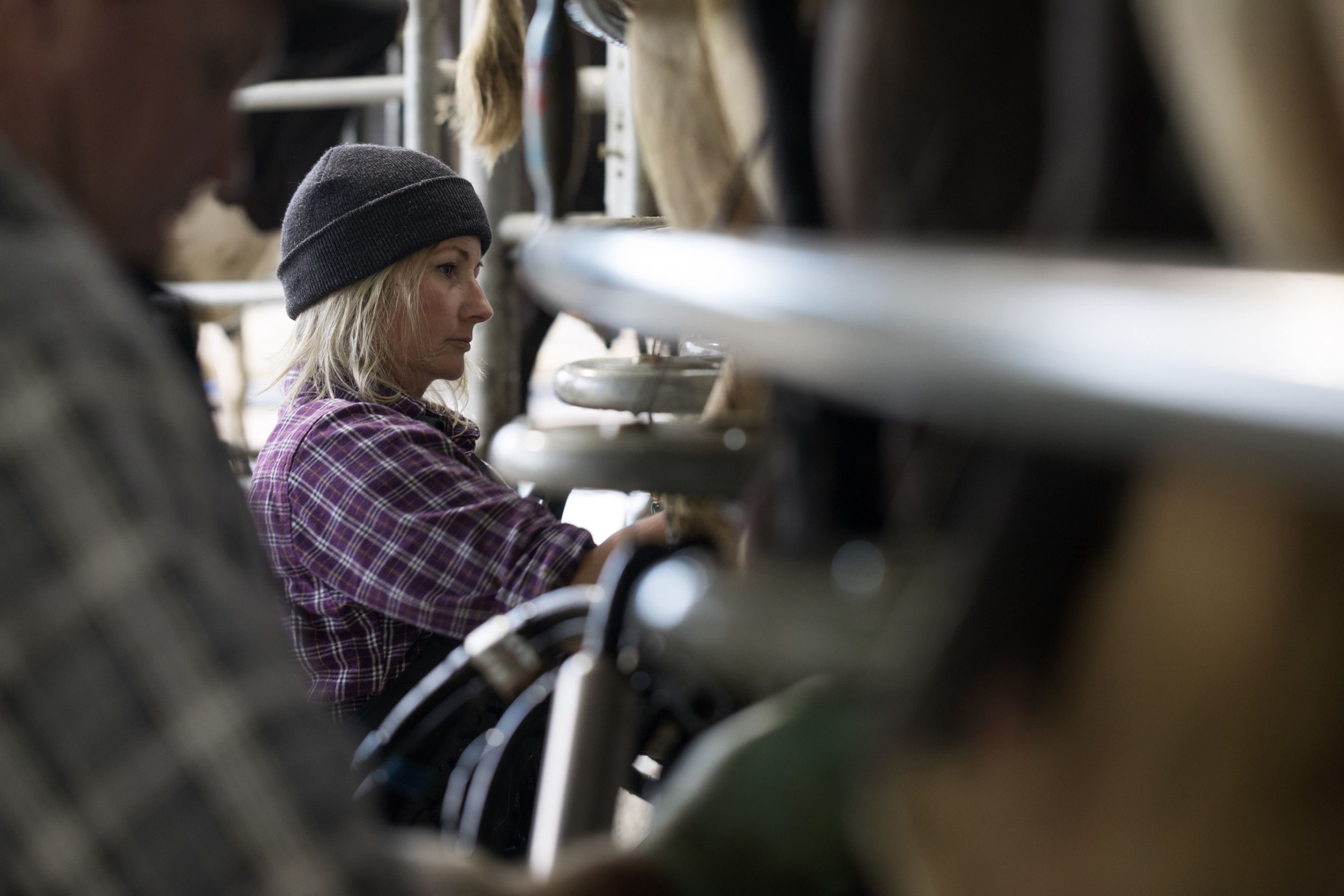
Is the Global Trade and Gender Arrangement a Free Trade Agreement?
The GTAGA is similar to a Trade and Gender chapter or article in a free trade agreement as it is designed to assist in removing barriers that women face when participating in trade, and proposes cooperation activities.
The GTAGA is not enforceable or subject to binding dispute resolution. It contains a review mechanism, which saw the Participants look afresh at the GTAGA, including legal form, in 2024. Through the Review, members agreed that GTAGA was operating effectively and agreed to continue promoting gender equality and women’s economic empowerment across regional and international fora, and implementing the GTAGA work plan.
Who can join the Global Trade and Gender Arrangement?
Given that the GTAGA is standalone, it is not linked to any specific trade agreement and is open to interested economies to join.
An economy does not need to be part of ITAG to join GTAGA but ITAG partners welcome participation in both.
In October 2021 Mexico became the first new participant of the GTAGA at a Ministerial meeting in Paris hosted by the OECD. Colombia and Peru also joined in June 2022 at the 12th WTO Ministerial Conference in Geneva.
In May 2023 Costa Rica and Ecuador joined ITAG and GTAGA in a virtual Ministerial signing ceremony hosted by New Zealand. Argentina joined GTAGA in a virtual Vice-Ministers signing ceremony that took place in October 2023 chaired by New Zealand. Australia and Brazil became the newest GTAGA members in the margins of the 13th WTO Ministerial Conference in Abu Dhabi in February 2024.
Costa Rica is the chair of ITAG and GTAGA 2025/26, following on from Mexico 2024/25.
GTAGA Review
2024 - Internal review of the Arrangement
From February to August 2024, the Global Trade and Gender Arrangement (GTAGA) members conducted an internal review of the Arrangement and its implementation. The purpose of the review was to assess outcomes delivered from the Arrangement and to identify opportunities to improve the effectiveness of the Arrangement. The scope of the review included the text of the Arrangement, the workplan, stakeholder engagement, membership, and other emerging issues.
GTAGA Review: Outcomes document
Global Trade and Gender Arrangement activities
2025 – GTAGA and WTO Trade and Gender Workshop
Mexico, as chair of GTAGA 2024/25, organised with the World Trade Organisation a two-day Trade and Gender Workshop for GTAGA-member officials. The workshop showcased good practices and experiences related to the design and implementation of gender-disaggregated statistics for the purposes of measuring the impacts of trade. In addition, the workshop brought together trade experts who shared their research on how to effectively draft, implement and measure trade and gender chapters in free trade agreements.
GTAGA officials from a range of government agencies benefitted from the expertise shared by WTO experts, researchers and from female entrepreneurs that export to other GTAGA-countries.
2024 – Webinar: Best Practice and Experiences on the use of gender disaggregated data in Chile: collection and application
Chile’s Nelson Paredes, the Head of the Division of Commercial Information and Data Analysis from the Undersecretariat of International Economic Relations, presented on Chile’s research and use of gender disaggregated data in trade on 25 September 2024.
GTAGA Members appreciated learning about Chile’s methodology, its data collection and how it was able to distil information to understand how effective its FTA’s are for women-owned companies. The workshop was useful for the GTAGA members to learn from another economy about how they are measuring the effectiveness of their trade agreements from a gender perspective.
2024 – GTAGA: Inaugural in-person meeting
In the margins of the G20 hosted by Brazil, GTAGA held its first in-person meeting in Rio di Janeiro,26 June 2024. The focus of the meeting was to share members experiences of measuring the effectiveness of trade agreements with an inclusive lens. Five GTAGA members presented (Australia, Brazil, Canada, Chile and New Zealand) alongside the Inter-American Development Bank. The presentations were followed by a detailed discussion about the methodologies and approaches to measuring trade agreements.
Mexico, as chair of GTAGA, chaired the in-person meeting and the discussions on the GTAGA review and the GTAGA work plan.
2024 – Women in Leadership: Breaking the Export Ceiling
On Wednesday 15 May (Peru Time), New Zealand and Peru hosted a GTAGA event in the margins of APEC Ministers Responsible for Trade (MRT) meeting. The event was aimed at bringing together women leaders in the trade and export sector to share their experiences regarding the challenges and opportunities for women in trade and leadership roles, and exchange views on good practice, policies and projects to reduce the gender gap for women in trade.
Introductory remarks from Canada’s Minister of Export Promotion, International Trade and Economic Development Hon Mary Ng recognised the importance of closing the gender gap in trade and the work that Canada has been doing to promote trade and gender. Panel members were a mix of policy experts such as Canada’s Christine Makamura from Asia Pacific Foundation of Canada, Anna Macdonald from New Zealand’s Ministry for Women’s Affairs and Marcela Otero, Chile’s APEC Senior Official.
The private sector representatives, Gisela Montalvo – Executive Director of the Ecuadorian Chamber of Innovation and Technology and Julia Torreblanca - Board President of Peru’s National Trade Association ComexPeru, shared their insights of breaking the glass ceiling in trade and export. Closing remarks from Peru’s Minister of Foreign Trade and Tourism encouraged GTAGA to continue to work together to bridge the gap for women in trade.
2022 – Women in STEM: Fixing the ‘Leaky Pipeline’
On 9 November (NZT), New Zealand hosted the third GTAGA implementation event on Women in STEM: ‘fixing the leaky pipeline’.
The virtual event brought together trailblazing women from New Zealand, Canada, Chile and Mexico to share advice and to exchange views on how to encourage and support more women in STEM (Science, Technology, Engineering and Mathematics) careers, and how to best ensure retention to fix the ‘leaky pipeline’ or the underrepresentation of women in STEM field.
The event was organised in two segments: ‘Women in Innovation’ and ‘Technology 4.0’. ‘Women in Innovation’ showcased Catherine Clennett from New Zealand and Dr Poh Tan from Canada, as women who are at the forefront of bringing innovation through science and research including in environment and biomedical sectors. ‘Industry 4.0’, featured Barbarita Lara from Chile and Graciela Rojas Montemayor from Mexico, as women in the technology sector highlighting the importance of people-to-people connection and education.
Welcoming remarks made by New Zealand as host country were followed by remarks from officials from Mexico, Colombia and Peru, as newer members of GTAGA. The event MC was Anna Guenther, Women in Export Lead from NZTE.
The event attracted around 120 participants from 20 countries from a diverse range of groups including government, academic, NGOs and businesses.
A summary report and a full recording of the event is available in English (below) and Spanish.
2021 – Unlocking Opportunities for Women Entrepreneurs In Canada, Chile & New Zealand
In June 2021, Chile hosted the second (virtual) GTAGA implementation meeting on unlocking opportunities for women entrepreneurs in Canada, Chile and New Zealand.
The event provided a platform for women who are exporting, export-ready or considering opportunities in GTAGA markets to learn more about the business activities that exist in the three economies.
The private sector panellists included Laura Mottola, President of Flow Partners Inc, Canada; Carolina Echenique, Founder and President of Tika Chips, Chile; and Sarah Adams, Global Strategy and New Ventures Manager for Gallagher Animal Management, New Zealand.
Senior diplomatic and trade officials from the three GTAGA economies also spoke about opportunities in the three markets.
Officials and private sector representatives were invited from a range of other economies. Around 130 participants attended. A recording of the event for those who missed it can be found below.
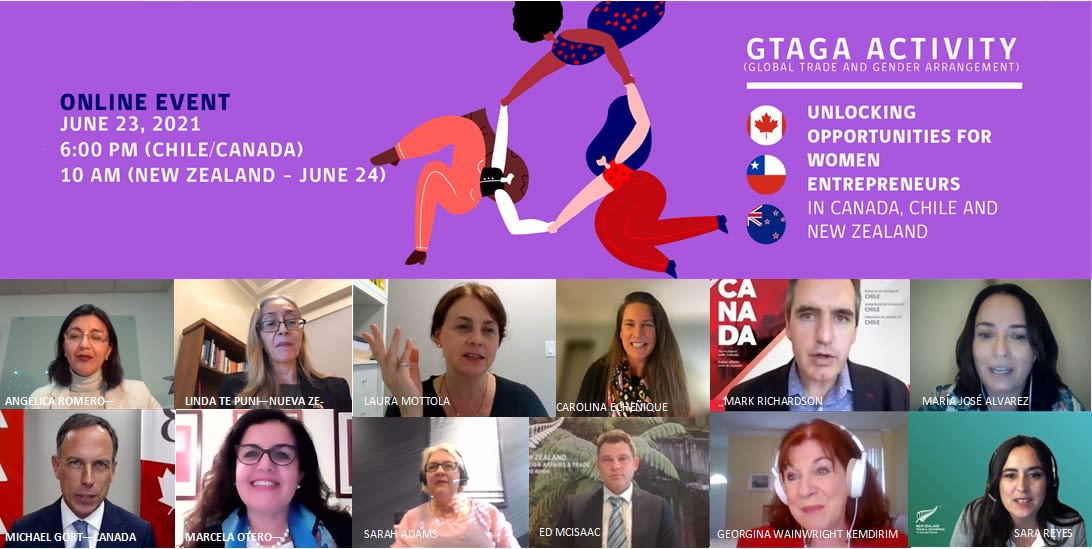
2021 – GTAGA: An Innovative Initiative to Support Women’s Economic Empowerment through Trade
In June 2021 the OECD’s Marion Jansen, Director Trade and Agriculture, hosted a virtual GTAGA Ministerial meeting 'An innovative initiative to support women’s economic empowerment through trade'.
GTAGA Ministers were joined by senior female business leaders to talk about challenges and opportunities in promoting women’s involvement in trade.
This included Liz Te Amo, CEO of Miro, New Zealand; Vicky Saunders, founder of SheEO, Canada; Fernanda Vicente, Executive Vice President and Co-Founder of Mujeres del Pacifico.

2021 – Women & Trade: Empowerment Through Inclusiveness Organised by Embassies of Canada, Chile and New Zealand in Germany
Another GTAGA-focused event was hosted in September 2021 which brought together officials, private sector and civil society representatives in an event moderated by German NGO Polis 180.
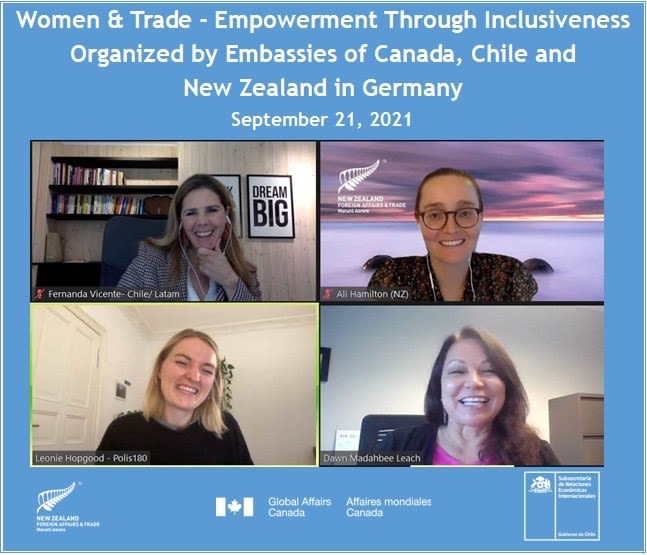
2020 – Report: First Activity Organised Under the Global Trade and Gender Arrangement
In December 2020, Canada hosted the first (virtual) GTAGA implementation meeting which looked at domestic programmes and policies that support women’s economic empowerment and gender equality. Officials were invited from eight other economies and over 60 participants attended. Chile’s presentation was delivered by the CEO of Start-Up Chile, an initiative that supports women entrepreneurs.
Canada’s presentation was delivered by an economist at Finance Canada on gender-based budgeting, a discourse that seeks budget policies which enhance gender equality and women’s empowerment.
New Zealand’s presentation was delivered by the Ministry for Women's Policy Director Rebecca Barnes and focused on practical initiatives that enable policy makers and the private sector to include a gender perspective in their decision making.
Share your views
Watch out for more ITAG/ GTAGA implementation events in 2025. We welcome your feedback and any ideas for increasing women’s participation in trade. Get in touch by email: FTA_Outreach@mfat.govt.nz
News and resources
- Inclusive Action Group issues the Tāmaki Makaurau Joint Declaration for Inclusive and Sustainable Trade 2023.
- Press release, 28 June 2023 – Inclusive Trade Action Group three-year review of the implementation of CPTPP
- Press release, 24 May 2019 – NZ’s interests advanced at international trade forums
- Press release, 16 November 2018 – Inclusive Trade Action Group meets in Port Moresby. This press release includes reference to a meeting of the Inclusive Trade Action Group, following which a Joint Communique was issued.
OECD Trade and Gender Review of New Zealand
In a first in advancing the interests of women in trade, the Organisation for Economic Cooperation and Development and New Zealand have published a review on trade and gender in New Zealand. You can read it here: Trade and Gender Review of New Zealand | OECD iLibrary (oecd-ilibrary.org)
